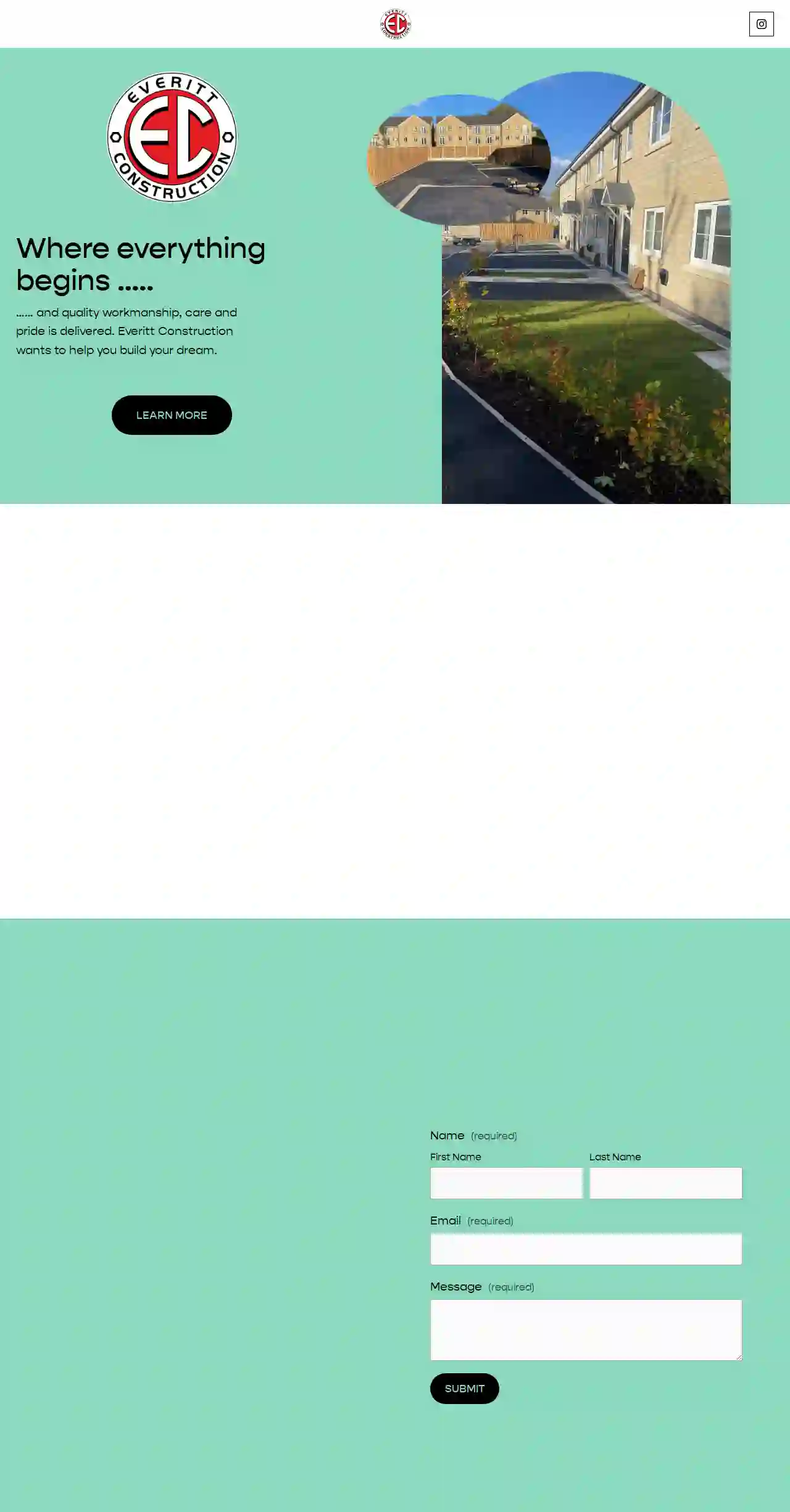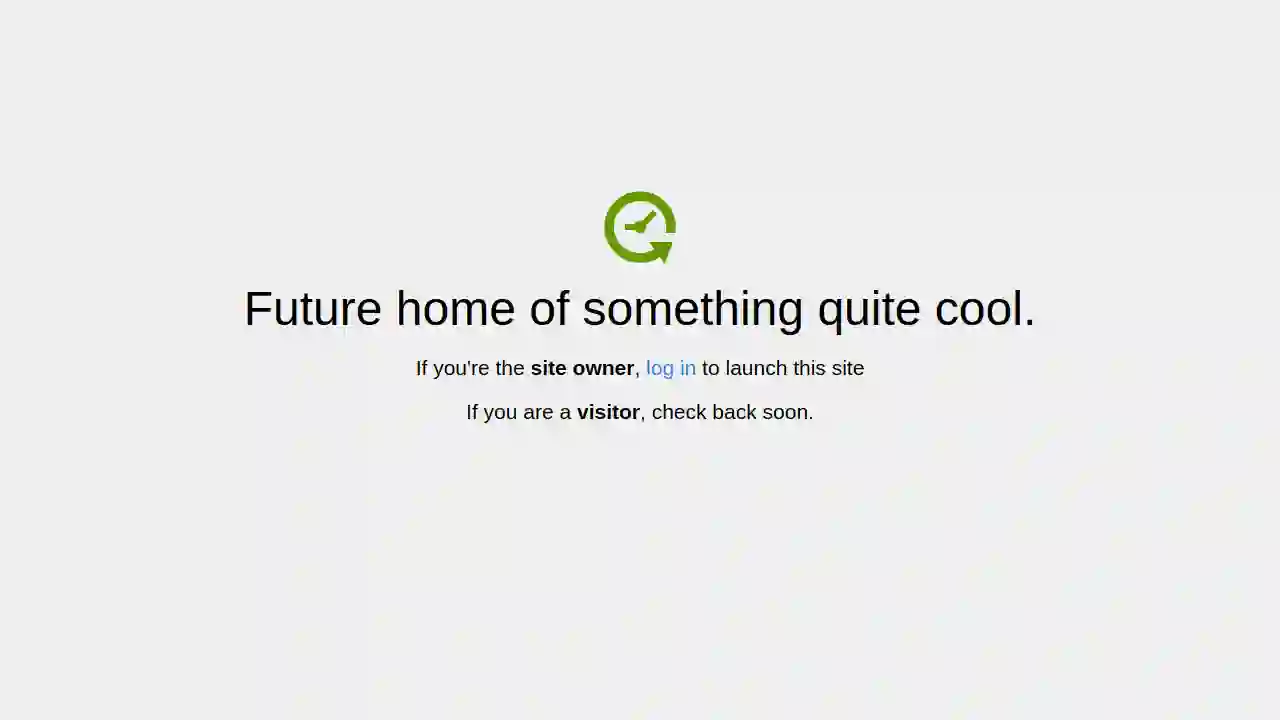Demolition Contractors Burnley
Top 10 Demolition Services in Burnley
Get 3 FREE Local Demolition Contractors quotes for your project today! Compare profiles, reviews, accreditations, portfolio, etc... and choose the best service.

G&M groundwork construction ltd
51 reviewsSt. Johns Road, Padiham, Burnley, England, BB12 7BN, GBSPECIALIST GROUNDWORK & CIVIL ENGINEERS Professional services covering the North West area with over 20 years experience. Our Services With over 20 years experience providing Specialist groundworks services to the housing, schools, hospitals and manufacturing sectors. Specialist new build site contractor with a proven record for delivery and high quality. At G&M groundworks we take health and safety very seriously and all operatives are industry accredited and certified. New Build Housing Specialists. With over 20 years in the construction industry working for some of the biggest house builders in the country, new build plot works are a speciality. From foundations, drains, Services and slabs, right through to driveways, paving and roads, all requirements can be achieved.
- Services
- Why Us?
- Testimonials
- Gallery
Get Quote
Everitt Construction
1Burnley, GBWhere everything begins ….. …… and quality workmanship, care and pride is delivered. Everitt Construction wants to help you build your dream. Learn More
- Services
- Why Us?
- Gallery
Get Quote
Re Claim Cavity
1Burnley, GBFuture home of something quite cool. If you're the site owner, log in to launch this site If you are a visitor, check back soon.
- Services
- Why Us?
- Gallery
Get Quote- S
S T C Services Plant Hire Ltd
55 reviewsBurnley, GB- Services
- Why Us?
Get Quote - ia
ian stirzaker is builders ltd
52 reviewsBurnley, GB- Services
- Why Us?
Get Quote - Br
Brooklands
3.73 reviewsBurnley, GB- Services
- Why Us?
Get Quote - A
A & D Groundworks Ltd
54 reviewsBurnley, GB- Services
- Why Us?
Get Quote - D&
D&D Wallbank Agricultural Contractors Ltd
48 reviewsBurnley, GB- Services
- Why Us?
Get Quote
Over 11,537+ Excavation Businesses on our directory
Our excavation contractors operate in Burnley & surroundings!
ExcavationHQ has curated and vetted Top Excavation Businesses in and around Burnley. Find a reliable contractor today.
Frequently Asked Questions About Demolition Contractors
- Dust Suppression: Use water spraying, misting systems, or other dust suppression techniques to control airborne particles.
- Noise Barriers: Erect temporary noise barriers around the demolition site to reduce noise transmission to nearby properties.
- Work Schedule: Schedule noisy demolition activities during permitted hours to minimize disturbance to neighbors.
- Communication: Keep neighbors informed about the demolition schedule and any potential disruptions.
- Implosion: Using explosives to collapse a structure inwards rapidly. Suitable for large buildings in open areas.
- Wrecking Ball: Swinging a large steel ball to impact and break down the structure. Effective for bringing down walls and other solid elements.
- High-Reach Demolition: Utilizing specialized excavators with extended arms and demolition attachments for dismantling tall structures piece by piece.
- Selective Demolition: Removing specific parts of a building while preserving other sections. Often used in renovation projects.
- Deconstruction: Carefully dismantling a building to salvage reusable materials, reducing waste and environmental impact.
- Feasibility Studies: Assessing the viability and challenges of a demolition project.
- Demolition Planning: Developing demolition plans, including method selection, sequencing, and safety procedures.
- Permitting Assistance: Navigating the demolition permitting process and ensuring compliance with regulations.
- Hazardous Material Surveys: Identifying and managing hazardous materials, such as asbestos and lead paint.
- Cost Estimating: Providing accurate cost estimates for demolition services.
- Project Management: Overseeing the demolition process and ensuring it proceeds as planned.
- 'Can I see proof of your licensing and insurance?' Verify their credentials and coverage.
- 'What experience do you have with projects like mine?' Ensure they have relevant expertise.
- 'Can you provide references from past clients?' Check their reputation and customer satisfaction.
- 'What are your safety protocols?' Prioritize contractors who emphasize safety.
- 'How will you handle hazardous materials?' Ensure they have proper procedures for asbestos or lead abatement.
- 'What is your timeline for completing the project?' Understand the project duration.
- 'How will you manage noise, dust, and debris?' Discuss mitigation measures for minimizing disruption.
- 'What are your payment terms?' Clarify payment schedules and any required deposits.
How can I minimize the dust and noise from demolition?
What are the different types of demolition?
What is the role of a demolition consultant?
What questions should I ask a demolition contractor before hiring them?
How can I minimize the dust and noise from demolition?
- Dust Suppression: Use water spraying, misting systems, or other dust suppression techniques to control airborne particles.
- Noise Barriers: Erect temporary noise barriers around the demolition site to reduce noise transmission to nearby properties.
- Work Schedule: Schedule noisy demolition activities during permitted hours to minimize disturbance to neighbors.
- Communication: Keep neighbors informed about the demolition schedule and any potential disruptions.
What are the different types of demolition?
- Implosion: Using explosives to collapse a structure inwards rapidly. Suitable for large buildings in open areas.
- Wrecking Ball: Swinging a large steel ball to impact and break down the structure. Effective for bringing down walls and other solid elements.
- High-Reach Demolition: Utilizing specialized excavators with extended arms and demolition attachments for dismantling tall structures piece by piece.
- Selective Demolition: Removing specific parts of a building while preserving other sections. Often used in renovation projects.
- Deconstruction: Carefully dismantling a building to salvage reusable materials, reducing waste and environmental impact.
What is the role of a demolition consultant?
- Feasibility Studies: Assessing the viability and challenges of a demolition project.
- Demolition Planning: Developing demolition plans, including method selection, sequencing, and safety procedures.
- Permitting Assistance: Navigating the demolition permitting process and ensuring compliance with regulations.
- Hazardous Material Surveys: Identifying and managing hazardous materials, such as asbestos and lead paint.
- Cost Estimating: Providing accurate cost estimates for demolition services.
- Project Management: Overseeing the demolition process and ensuring it proceeds as planned.
What questions should I ask a demolition contractor before hiring them?
- 'Can I see proof of your licensing and insurance?' Verify their credentials and coverage.
- 'What experience do you have with projects like mine?' Ensure they have relevant expertise.
- 'Can you provide references from past clients?' Check their reputation and customer satisfaction.
- 'What are your safety protocols?' Prioritize contractors who emphasize safety.
- 'How will you handle hazardous materials?' Ensure they have proper procedures for asbestos or lead abatement.
- 'What is your timeline for completing the project?' Understand the project duration.
- 'How will you manage noise, dust, and debris?' Discuss mitigation measures for minimizing disruption.
- 'What are your payment terms?' Clarify payment schedules and any required deposits.